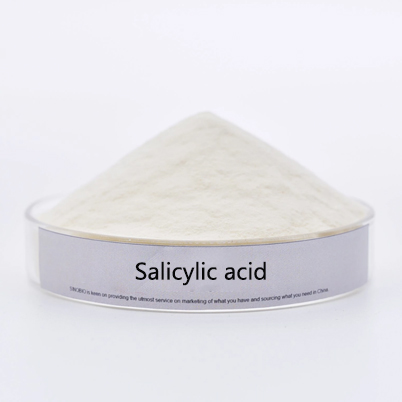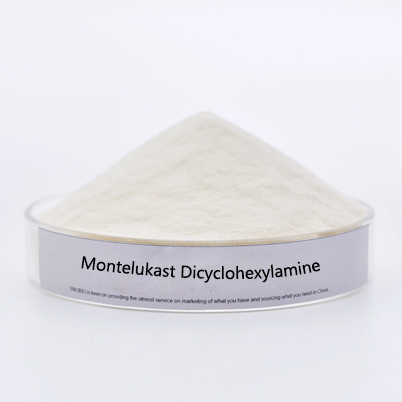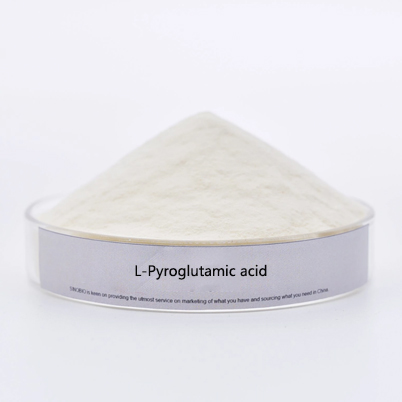- E-mail : info_medicalmarketing@jindunmedical.com
- Phone : +86 21 64057580
- Address : Shanghai China
A cross-sectional survey of self-medication with Traditional Chinese Medicine for treatment and prevention of COVID-19.
OBJECTIVE
To investigate user behavioural profiles and the prevalence of self-medication with traditional Chinese medicine (TCM) for COVID-19 among the general public in China.
DESIGN
Cross-sectional study.
SETTING
Self-administered online survey was carried out between January and June 2021 in China.
RESULTS
A total of 1,132 complete responses were received from a nationwide sample. A considerable proportion viewed TCM to be more effective than Western medicine for treating COVID-19 (67.1%) and stated that it is safer to use TCM (63.5%) and easier to access TCM for treating COVID-19 (63.5%). A total of 16.4% (95%CI 14.3-18.7) reported ever self-medicating with TCM to resolve COVID-19 symptoms and 12.2% (95% CI 10.3-14.2) ever using TCM to prevent SARS-CoV-2 infection. Lianhua Qingwen capsule/granule (53.2%), Ganmao granule (50.5%) and Banlangen granule (44.6%) were most commonly used to resolve COVID-19 symptoms whereas Banlangen granule (60.1%) was commonly used for the prevention of SARS-CoV-2 infection. Older age participants, from rural areas, with chronic diseases, higher socioeconomic status, and a positive attitude towards TCM were more likely to self-medicate using TCM to resolve COVID-19 symptoms.
CONCLUSION
Self-medication with TCM during the COVID-19 pandemic for symptom control or prevention is prevalent. The findings of the user behavioural profile and types of TMCs commonly used in this study provide beneficial information for the development of strategies to improve public health-seeking behaviour and the performance of the country's healthcare system in the era of the COVID-19 pandemic.roduced in a historical moment, so as to meet people’s needs for intangible cultural heritage. It can also be found in the questionnaire for the visitors that 66% of the visitors prefer to learn about the intangible cultural heritage through experience and feel that the personal experience is more intuitive and interesting. Artificial intelligence technology has great advantages in disseminating intangible cultural heritage.
-
date
2022-11-29
-
location
Shanghai, China










































